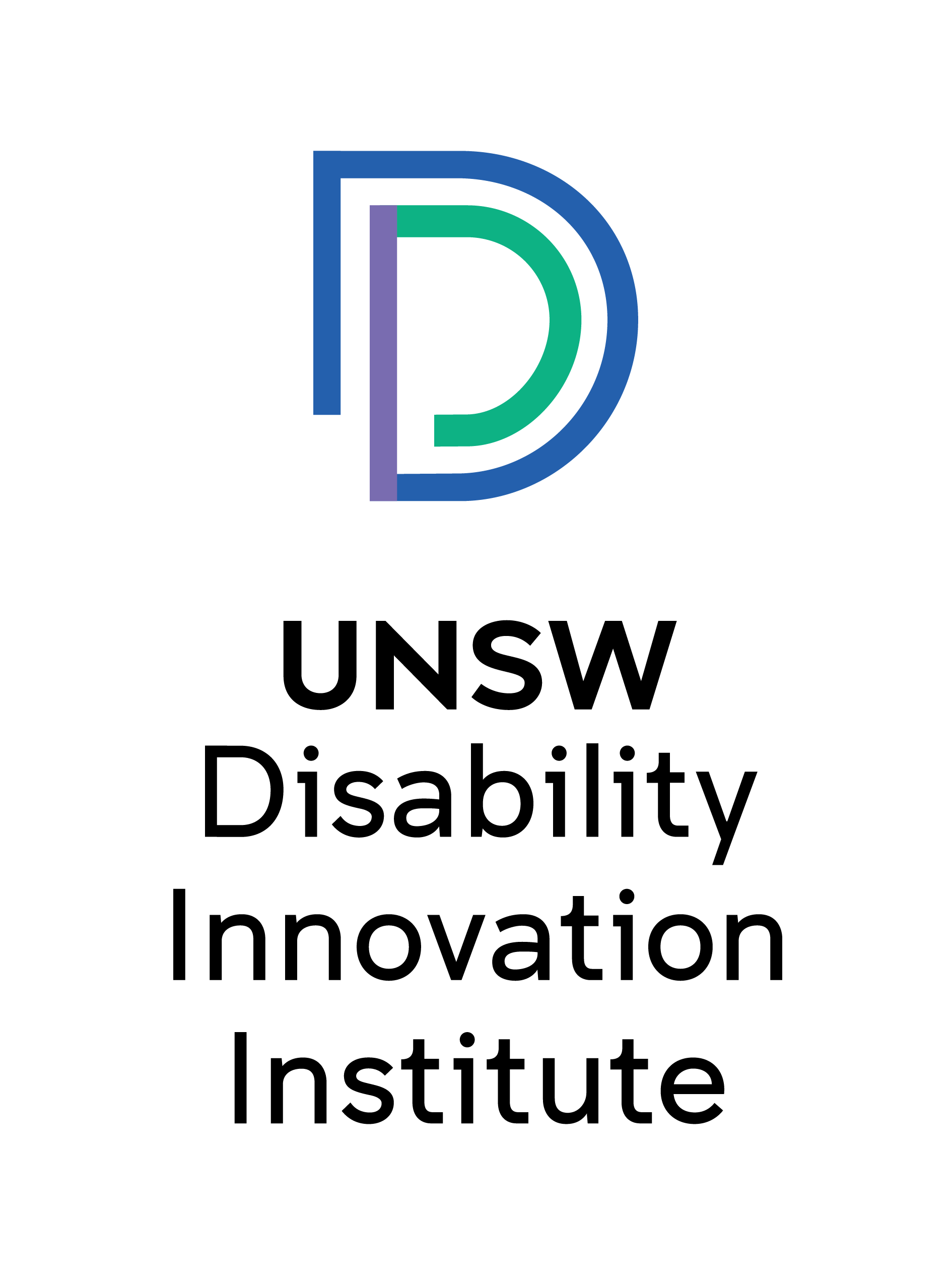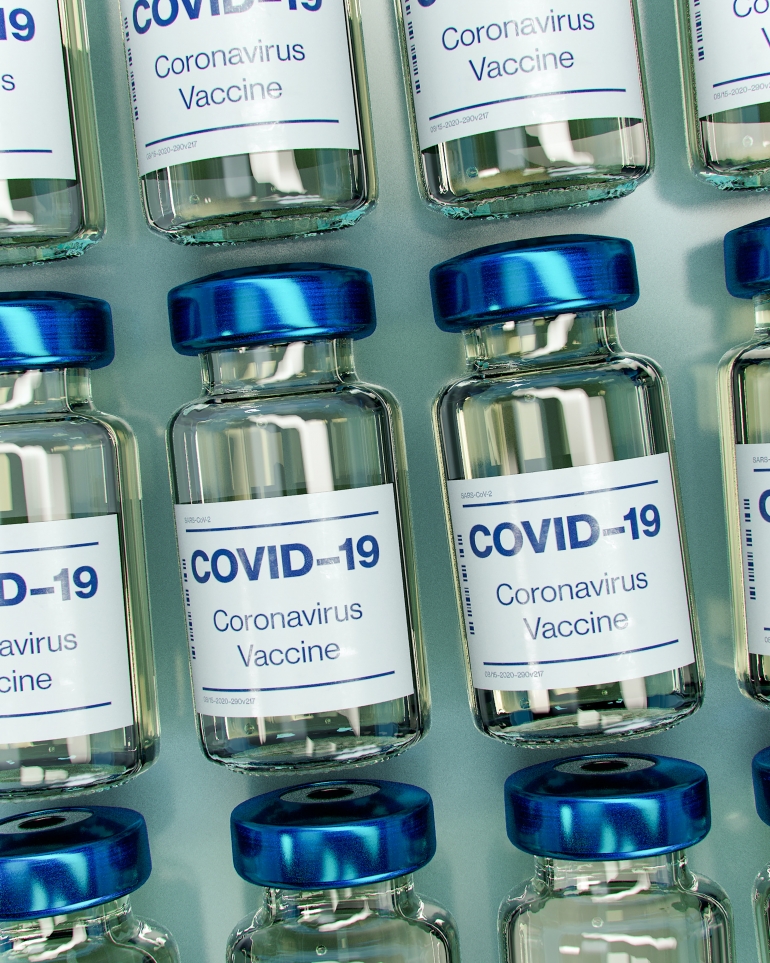In Australia and globally, the COVID-19 pandemic and vaccine rollout remain at the forefront of the news. This is especially the case for anyone involved in disability issues. All the evidence has shown that, for a number of reasons, people with disability are more likely to contract COVID and also more likely to becoming seriously ill or die from infection. In part this is due to the presence of other health conditions that compound the illness, but very often responsibility lies with systemic and structural flaws; for example, the increased vulnerability of group settings such as care homes to rapid and uncontrolled spread of infection. There is also an undeniable level of ableism in some areas of the COVID response.
At the end of September the Disability Royal Commission published its draft report on the experiences of people with disability of the Australian government’s COVID-19 vaccination rollout. The report described the government’s response as “seriously deficient”, particularly highlighting the decision made in March 2021 to deprioritise the vaccination of people with disability from the first phase of rollout, which was made without consultation and not communicated publicly for several weeks. Overall, the report was critical of the government’s failure to consult with people with disability, disability support workers, disability representative organisations, and service providers when developing its vaccination strategy.
This lack of consultation is still a problem. Many disabled people’s organizations and disability representative organizations are trying to raise awareness of the fact that lockdown measures are being lifted in several states, while the vaccination rate of people with disability is still significantly lower than the average. As of 15 September, only 40% of people in the National Disability Insurance Scheme (NDIS) are known to be fully vaccinated—and NDIS participants only account for around 10% of people with disability in Australia. Little is known about the vaccination status of those not in the NDIS.
The Disability Royal Commission’s report noted that “… it would be grossly unfair, indeed unconscionable, if any people with disability who have not been given the opportunity to be fully vaccinated by the time the 70% threshold is reached are denied the freedoms available to people who have been fully vaccinated.” More than just being denied freedoms, though, people with disability are also being put at risk.
As a bioethicist and disability researcher I have been involved in several pieces of work in this area. Most recently I contributed to a report by OzSage, a multi-disciplinary network of Australian experts, on Improving outcomes for people with disability in COVID-19: No one left behind. The report offered nine recommendations: you can read more here.


